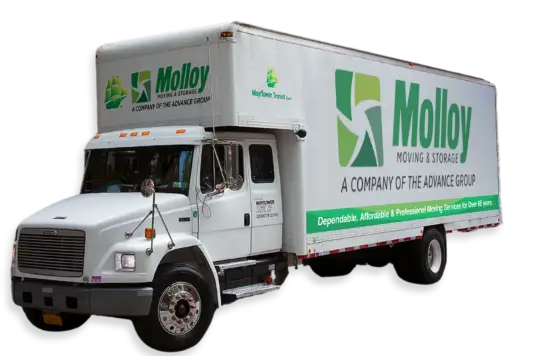Creating a budget for a residential move requires careful planning and foresight. It’s not just about transporting your belongings; it’s about anticipating costs and making informed decisions to avoid unexpected expenses. Here’s a detailed guide to help you develop a smart moving budget.
1. Understand Your Moving Needs
Begin by understanding what your move will entail. Consider the size of your household, how far you’re moving, and any specific needs, such as transporting large furniture or delicate items. Decide whether you will hire professional movers or undertake the move yourself, which will significantly influence your budget. DIY moves can save on labor costs but involve expenses like truck rentals, packing materials, and travel costs.
2. Get Moving Quotes
If you’re hiring a moving company, gather quotes from multiple providers. They typically offer estimates based on the size of your move and the distance involved. When comparing quotes, look beyond the bottom line to understand the services included, such as packing, loading, and insurance. Be cautious of unusually low quotes, which might exclude essential services, leading to extra charges later.
3. Budget for Packing Supplies
Packing supplies can be surprisingly costly, especially for larger homes. Include boxes, packing tape, bubble wrap, and labels in your budget. Look for recycled boxes at local retailers or check online marketplaces to save money. Reusing materials you already have, like towels and blankets for padding, can also cut costs and reduce waste. Consult with your mover about their moving supply availability.
4. Plan Transportation Costs
Transportation is a core part of your budget. For DIY moves, compare rental truck prices, factoring in costs like fuel, tolls, and mileage fees. Confirm that transportation is included in their estimate if using a moving service. Remember to account for your travel expenses, whether driving or flying to your new home.
5. Consider Temporary Housing
You might need temporary housing if there’s a gap between leaving your old home and moving into your new one. Budget for hotel stays or short-term rentals, and remember to include daily expenses for meals and other necessities. Planning for this can prevent financial strain if your move doesn’t go exactly as planned.
6. Utility Setup and Deposits
Setting up utilities at your new residence may require deposits and connection fees. Research the costs for electricity, gas, water, and internet services. Some providers offer discounts or promotional packages, so inquire about potential savings.
7. Prepare for the Unexpected
Even with the best plans, unexpected expenses can pop up. Set aside a contingency fund to cover surprises like last-minute repairs, additional packing needs, or emergency pet care. A buffer of 10% to 15% of your budget is a practical safeguard.
8. Track and Adjust Your Budget
Review your budget once you’ve planned your expenses to ensure they align with your financial situation. Track your spending throughout the moving process, adjusting as necessary to stay within your limits. This proactive approach helps prevent overspending and allows you to make informed adjustments as needed.
Professional Movers Can Help
By following these steps, you can create a well-rounded moving budget that anticipates costs and reduces stress during your residential move. Let us help with your move. Contact us for a quote.




